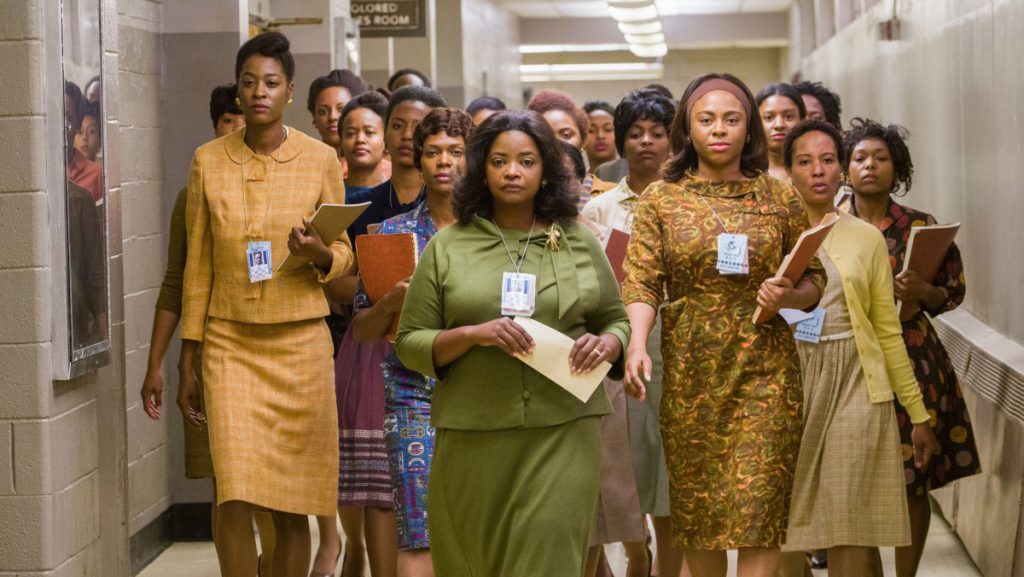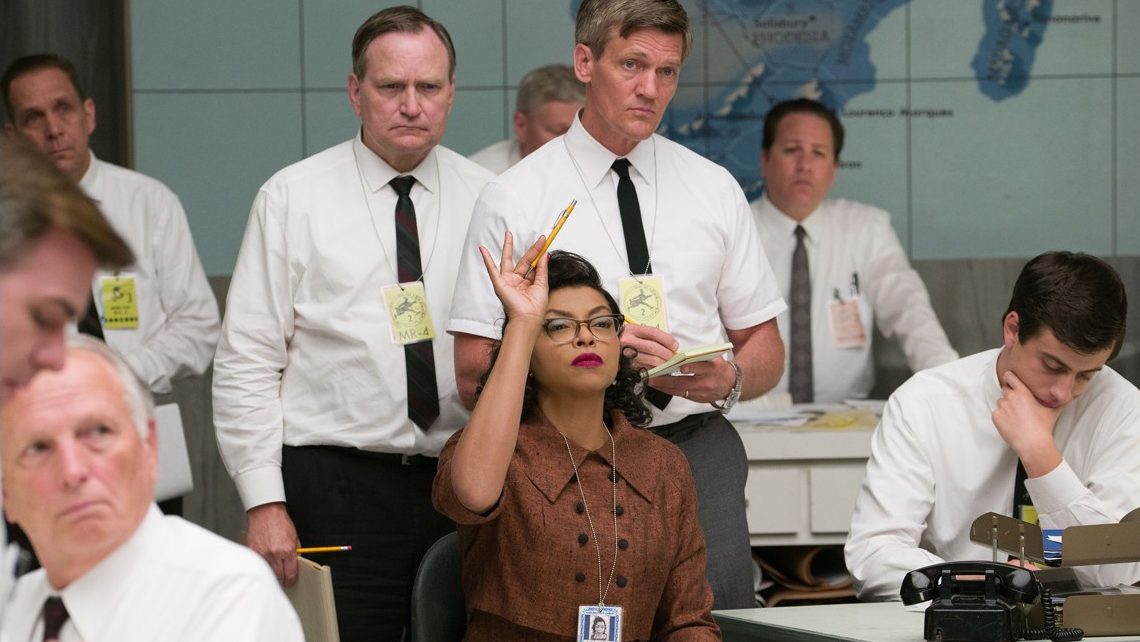Hello! This blog post marks a new series of regular posts as part of my journey as an MRes student on the STOR-i programme at Lancaster University. I’m starting this series at the very top, with a trip to Hollywood!
2016 marked the release of the smash hit movie, Hidden Figures, directed by Theodore Melfi. Based on a true story, the film is set slap-bang in the middle of the space race with the USSR and the USA in fierce competition to dominate the progression of spaceflight capability. The story follows a team of black female mathematicians, Dorothy Vaughn (Octavia Spencer), Mary Jackson (Janelle Monáe) and Katherine Johnson (Taraji P. Henson). They work for NASA and confront racism, sexism and some seriously tough mathematics to play their part in launching John Glenn into orbit. Hidden Figures was nominated for the Academy Award for Best Motion Picture as well as the BAFTA for Best Adapted Screenplay. It portrays the story of three incredibly intelligent and determined women who, despite being up against it all, refuse to back down.

We follow Mary Jackson, an assistant to the all-male team of engineers at NASA who dreams of being an engineer herself. Later we learn that the engineering schools do not allow black students. Jackson is strong and unapologetically intelligent. At a memorable point in the film Jackson is told that “the curriculum is not designed for teaching a woman”, without a breath she plainly replies, “I imagine it’s the same as teaching a man”.
The film also follows Dorothy Vaughn, who is, for all intents and purposes bar the pay check, the supervisor of the department of “human computers”. Dorothy becomes the only person who can work the new IBM Machine, which was installed with the intention to replace the entire “human computer” department. Her success not only aggravates her male counterparts, that have been trying and failing to work the machine for weeks, but, as the only one able to operate it, secures the future employment of her team.
Katherine Johnson, our main protagonist, is assigned to help check the numbers in the department at the top of the chain. Her journey to secure credibility in this hostile and stressful environment is by no means smooth, not least portrayed by the repeated half a mile run we see her undertake to get to the only bathroom she is allowed to use on the site! It’s a triumph when she is finally awarded common decency after gaining the attention and respect of the boss, Al Harrison (Kevin Costner), who takes a sledgehammer to the “Whites Only” sign on the nearest bathroom, shouting to all onlookers, “Here at NASA, we all pee the same colour.” It’s the succession of these small wins for our characters that make the film uplifting and empowering. It’s a classic underdog tale and as an audience we are successfully placed right behind these women, willing them to succeed. Although classic, this film is still innovative. It’s a story with three female black leads that also happen to be incredibly skilled mathematicians – how often do you see that in everyday cinema?

This film won’t educate you in the complexities of space orbit, you probably won’t know any more about Euler’s method after watching it, but this is not where its significance lies. Its gravity (if you’ll pardon the pun) is its ability to expose the idea that becoming a successful mathematician has anything to do with race, age or gender, as perhaps it has been displayed to us years previous. For me, watching Hidden Figures has unlocked an extra bit of determination and willingness to persevere. This could be down to the lively, upbeat soundtrack that features Pharrell Williams, it could be down to my immediate, uncontrollable love for Johnson’s marvellous cat-eye glasses or it could just be because I’m a woman who has been told (sometimes subconsciously and sometimes purposefully) that science, technology, mathematics and engineering are a white man’s domain. Yet here I am, watching a black woman solve equations longer than my arm and showing Kevin Costner who is boss. I am watching black women succeed. This is why I think this film is so important and why I, for one, am so glad their story is no longer hidden. So, I would encourage you to show this film to your Granddad and you Grandma, your Uncle and your Aunts, your Sons and your Daughters because it’s not only an Oscar-Nominated fun time – it’s a piece of work that just might help change the world for the better.
That’s almost it for now! Below is my favourite tweet of the week. Thanks @Tony_Mann for the reminder on the importance of proof reading! Something for me to remember as I continue this blog!